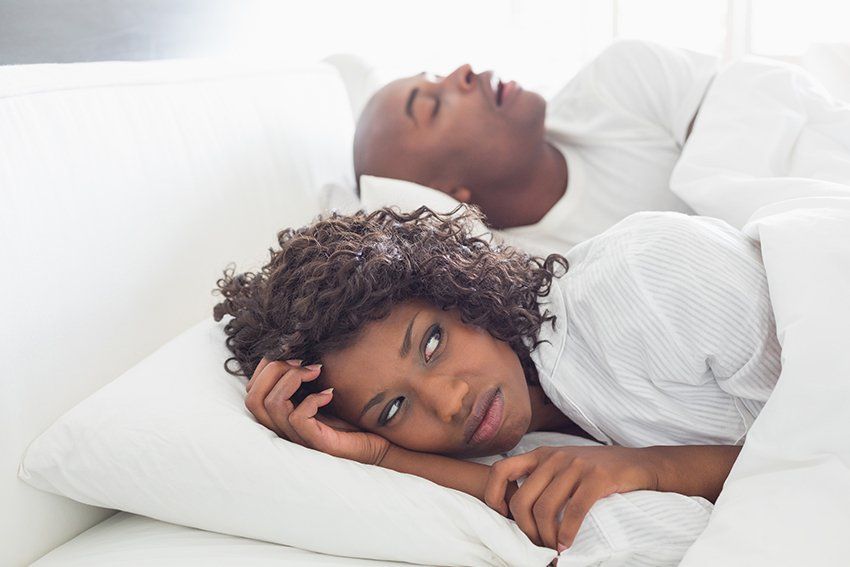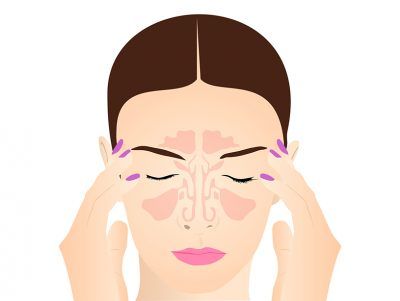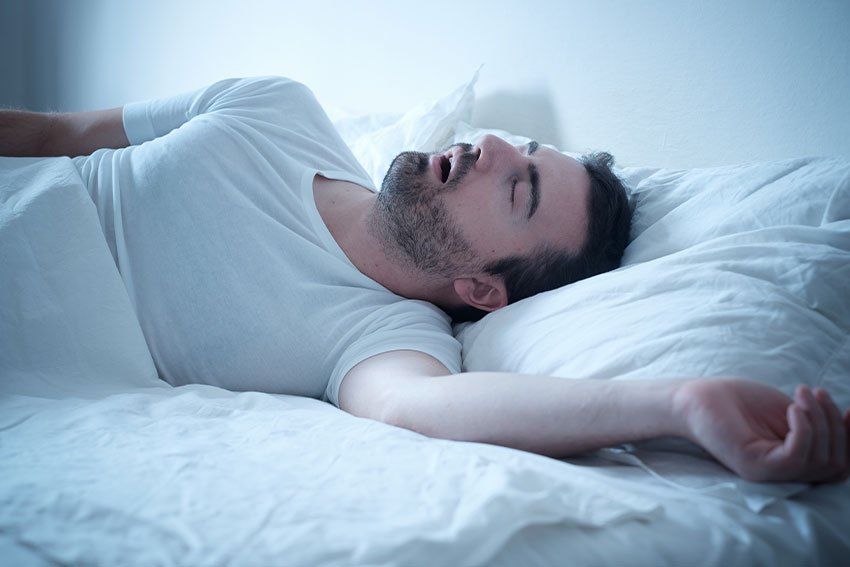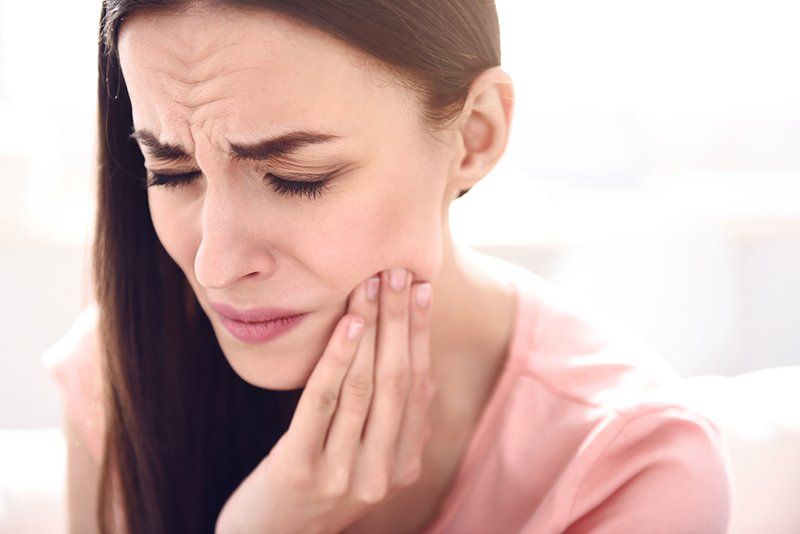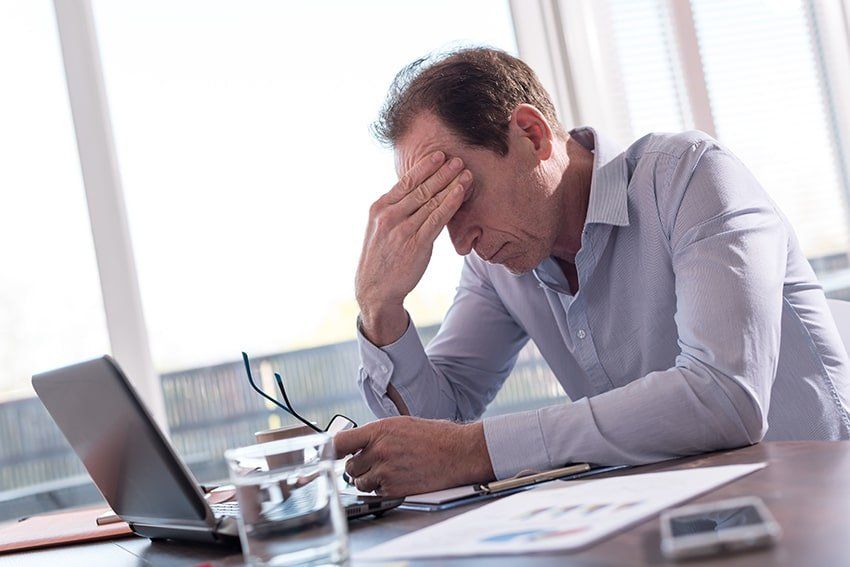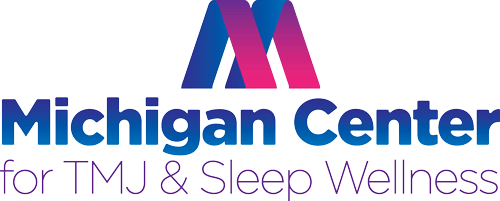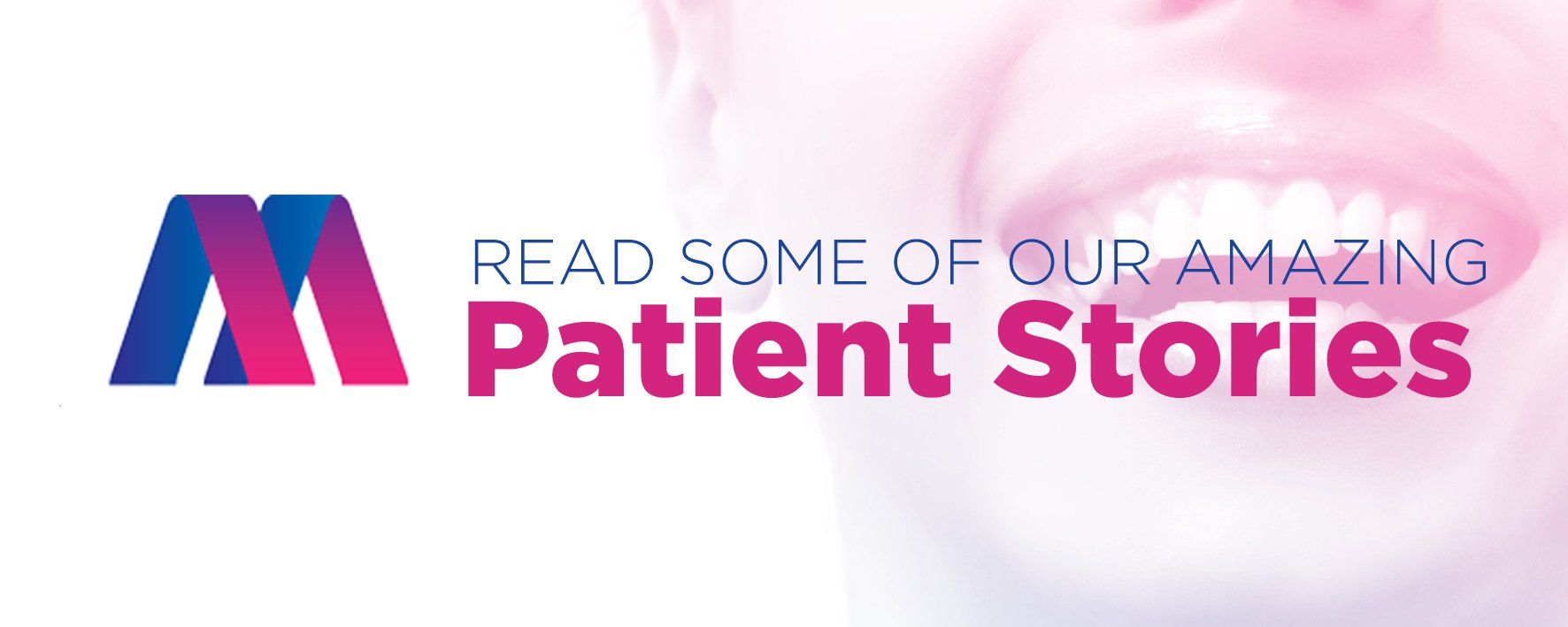Obstructive Sleep Apnea Increases Risk of Post-Stroke Depression
Apnea Severity Linked to Depression Risk
For this study, doctors looked at 265 stroke patients from March 2017 and December 2018. These patients received a full polysomnography to properly diagnose sleep apnea. Over 80% of patients had sleep apnea (32% mild, 20% moderate, and 29% severe).
Patients were also evaluated for post-stroke depression using a robust depression tool at both their admission and three months later.
Researchers showed that although apnea severity was not associated with depression when people entered the hospital, it was associated with it three months after stroke treatment. They also found that having severe sleep apnea was associated with a four times greater risk of post-stroke depression three months after admission.
The Importance of Post-Stroke Depression
Post-stroke depression is an important factor in patients’ recovery after a stroke. Stroke patients who develop depression are more likely to have a poor recovery. They are also more likely to have additional strokes. Not only are they more likely to die after surviving their first stroke, they tend to have a lower quality of life during this time.
Unfortunately, there is a great deal of uncertainty about how to identify patients likely to experience post-stroke depression. And there are many challenges to treating post-stroke depression. Few of the interventions tested have a robust success rate in helping people recover.
Sleep Apnea Treatment Could Be Critical
This study could be just what we need to understand and treat post-stroke depression. For example, sleep apnea could be the missing link that ties together depression and risk of repeated strokes. About a quarter of people with sleep apnea suffer from depression.
Perhaps more importantly, sleep apnea treatment can reduce the symptoms of depression in sufferers. This means that, in addition to helping prevent additional strokes, sleep apnea treatment could help resolve post-stroke depression.
Looking for Sleep Apnea Treatment in Detroit?
If you have been diagnosed with sleep apnea or suspect that you might have the condition, it’s important to get it diagnosed and treated as quickly as possible. Treatment could reduce your risk of a stroke, or, if you’ve already had a stroke, improve your recovery.
To learn more about sleep apnea treatment options, please call (248) 480-0085 today for an appointment with sleep dentist Dr. Jeffrey S. Haddad at the TMJ & Sleep Wellness Center of Michigan in Troy, MI.

